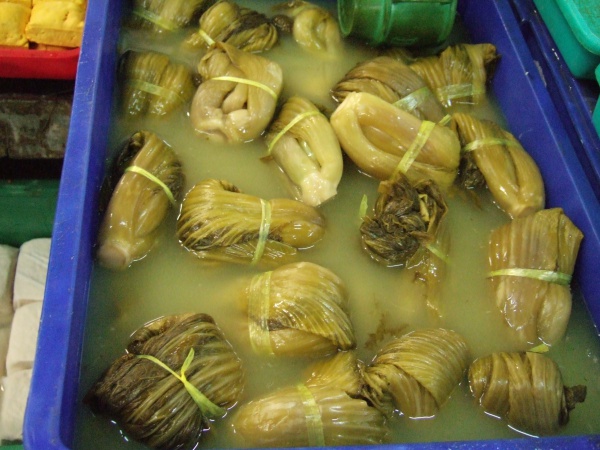Facts About Suan cai
Suan cai is a cherished traditional Chinese pickled cabbage or mustard green, renowned for its unique ingredients and distinctive fermentation process. This technique compresses the vegetables, imbuing them with a singular flavor that is difficult to replicate. Suan cai is a staple in Chinese cuisine, frequently paired with meat dishes to cut through the richness and add a tangy twist.
Across China, regional variations of suan cai abound, each boasting its own set of ingredients and flavors. It is not limited to being a mere side dish; suan cai is also a popular addition to hot pots and various regional recipes.
In popular culture, suan cai has made an impression as well. It has been featured in sitcoms and even songs, becoming something of a catchphrase in Northeast China. However, not everything about suan cai is celebratory. The World Health Organization has classified pickled vegetables as possible carcinogens, raising concerns about their health implications. Some studies have linked the consumption of pickled vegetables like suan cai to an increased risk of esophageal cancer, possibly due to the presence of fungi and nitroso compounds. Additionally, evidence suggests that eating salted vegetables may increase the risk of nasopharyngeal cancer.
Despite these concerns, suan cai remains a versatile and beloved ingredient in Chinese and Asian cuisines. However, it is important to enjoy it in moderation to balance its potential health risks.

 Afghanistan
Afghanistan